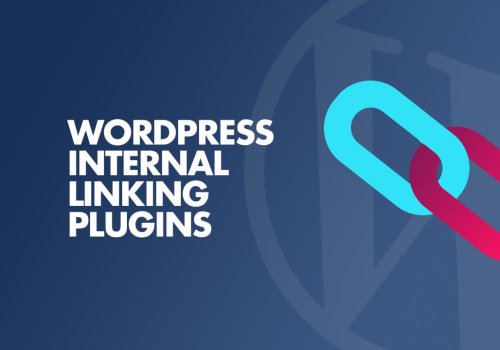Search engine optimization (SEO) is critical for any website to rank high in search engine results pages (SERPs). However, many website owners make common mistakes when optimizing their WordPress site for SEO. In this article, we will discuss the common WordPress SEO mistakes and how to avoid them.
Neglecting to Create Quality Content
One of the most common WordPress SEO mistakes is neglecting to create quality content. While SEO optimization is essential, it is equally important to create engaging and informative content that provides value to your audience. Poor quality content can harm your website's user experience, which can lead to a high bounce rate and lower search engine rankings.
Not Optimizing for Mobile Devices
More and more people are accessing websites through their Mobile Devices, so it's essential to optimize your WordPress site for mobile. Neglecting to optimize your website for mobile devices can harm your search engine rankings and user experience. It's important to use a responsive WordPress theme that adjusts your website's layout to fit different screen sizes.
Ignoring On-Page Optimization
On-page optimization is critical for SEO, and many website owners neglect to optimize their content for search engines. On-page optimization includes optimizing your page titles, meta descriptions, headings, and content for relevant keywords. Neglecting on-page optimization can harm your website's SEO and make it more challenging to rank for relevant search queries.
Not Using SEO Plugins
WordPress offers several SEO plugins that can help you optimize your website for search engines. Neglecting to use these plugins can harm your website's SEO potential. Using plugins such as Yoast SEO, All in One SEO Pack, or Rank Math can help you optimize your website's on-page elements, XML sitemaps, and social media integration.
Focusing Only on Keywords
While keywords are important for SEO, focusing solely on keywords can harm your website's user experience. Overusing keywords can make your content appear unnatural and spammy, which can harm your website's search engine rankings. It's important to create content that provides value to your audience while also optimizing it for relevant keywords.
Ignoring Backlinks
Backlinks are an essential factor in SEO, as they signal to search engines that your website is authoritative and trustworthy. Ignoring backlinks can harm your website's SEO potential. It's important to build high-quality backlinks from authoritative websites within your niche. You can achieve this by creating high-quality content that other websites are likely to link to.
Not Monitoring Analytics
Monitoring your website's analytics is critical for SEO, as it allows you to track your website's performance and make data-driven decisions. Neglecting to monitor your analytics can make it challenging to identify issues that may be impacting your website's search engine rankings. It's important to use tools such as Google Analytics to monitor your website's traffic, user behavior, and conversion rates.
Failing to Optimize Images
Images can have a significant impact on your website's load times, which can harm your website's SEO potential. Neglecting to optimize your images can make your website slow and challenging to navigate, leading to a high bounce rate. It's important to compress your images, use appropriate alt text, and optimize your images' file names to improve your website's SEO.











